Keywords: Sbs
There are more than 24 results, only the first 24 are displayed here.
Become a subscriber for more search results.
-
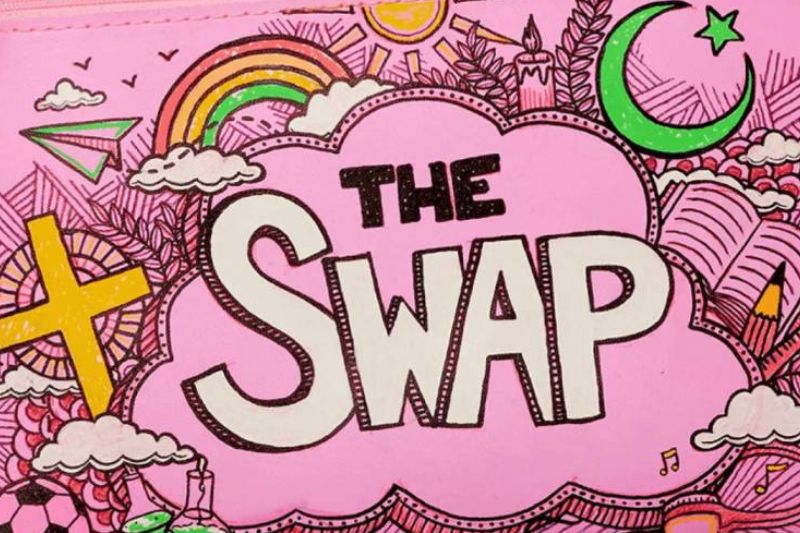
ARTS AND CULTURE
- John D’Arcy May
- 08 June 2023
3 Comments
The Swap unfolds as a captivating documentary series and a remarkable ecumenical experiment. With Muslim, Catholic, and state school students at its center, the series illuminates the transformative power of acceptance and understanding through the lens of interfaith dialogue, leading the viewer to wonder: how might interfaith dialogue better shape our collective journey?
READ MORE
-
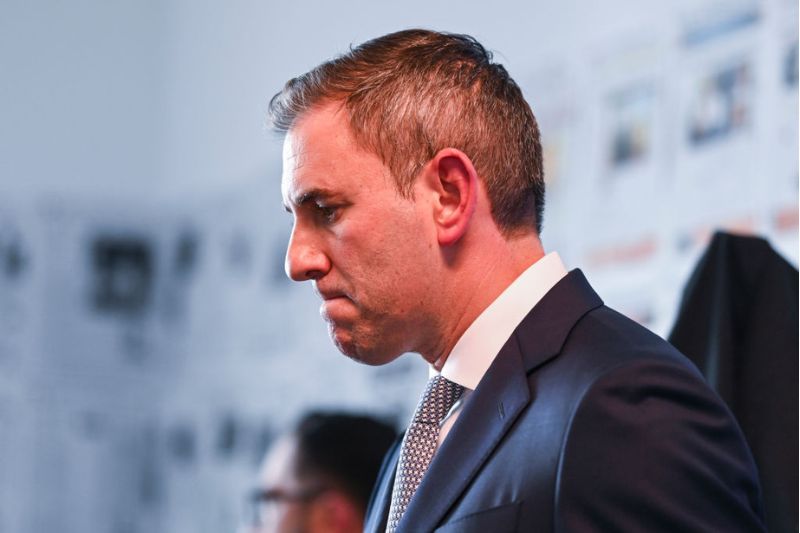
AUSTRALIA
The Albanese Government's second federal budget falls short in addressing Australia's cost-of-living crisis, with proposed measures deemed inadequate for those most vulnerable. This lacklustre response raises questions about the government's commitment to uplift those affected by the crisis.
READ MORE
-
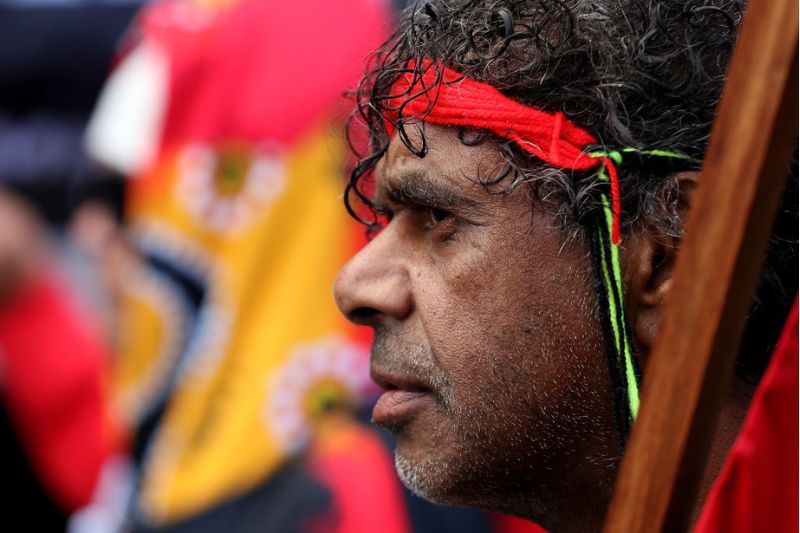
AUSTRALIA
- Celeste Liddle
- 10 May 2023
17 Comments
Later this year, Australians will vote on a referendum to enshrine an Indigenous Voice to Parliament, but many Indigenous Australians remain undecided, reflecting the complexities of the issue. The debate over the Voice to Parliament extends beyond the referendum question to encompass broader concerns about the constitution, treaties, and achieving true equality.
READ MORE
-
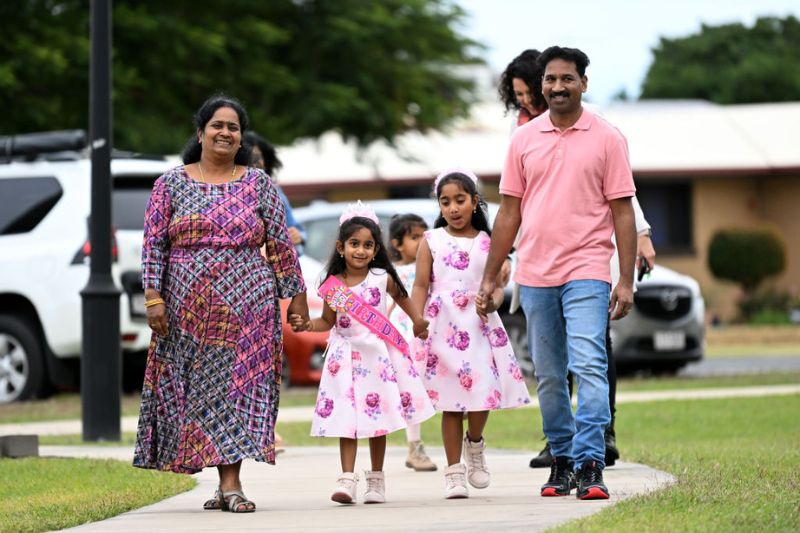
AUSTRALIA
- David Halliday, Michael McVeigh, Laura Kings, Michele Frankeni, Andrew Hamilton, Julian Butler
- 21 December 2022
2 Comments
To close the year for Eureka Street, the editorial team wanted to nominate who we considered to be the Eureka Street ‘person of the year’ based on who we think somehow embody Eureka Street values.
READ MORE 
-

ARTS AND CULTURE
- Barry Gittins
- 20 December 2022
1 Comment
When we reflect on how best to live with the consequences of our shared, bloodied history, The Australian Wars calls for a counter-narrative; a re-positioning and re-phrasing of what has brought us to this point in our oft-stalled journey towards reconciliation.
READ MORE 
-
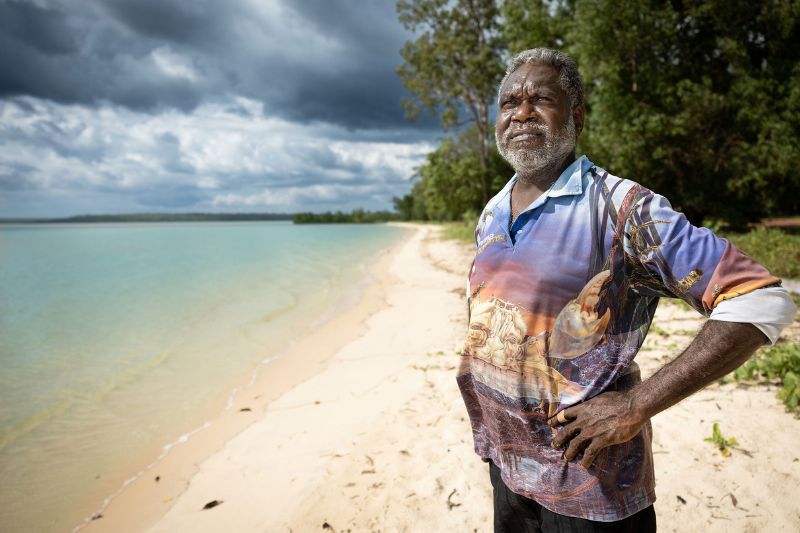
AUSTRALIA
- Binoy Kampmark
- 08 December 2022
3 Comments
Dennis Tipakalippa, a Manupi elder, insisted that he and fellow elders were not consulted over the environmental plan developed by Santos for the Barossa Gas Project off the Tiwi Islands. The Federal Court agreed, finding that Santos had not identified or consulted relevant traditional owners.
READ MORE 
-

ARTS AND CULTURE
- Emma Wilkins
- 01 December 2022
University students across the country are using so-called ‘study’ sites to buy essays and answers for online assessments. Australia’s academic integrity regulator has since blocked scores of sites, but there are still work-arounds; experts say the problem is likely worse than we realise, and almost impossible to solve.
READ MORE 
-
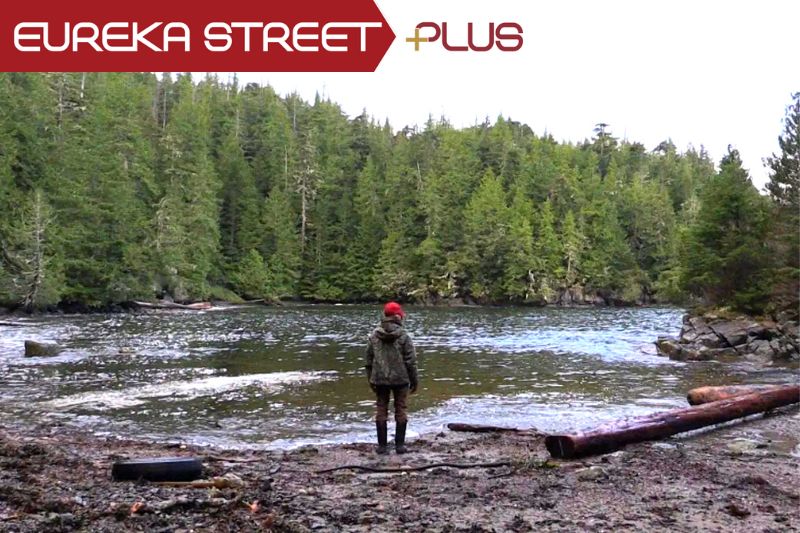
ARTS AND CULTURE
- David Halliday
- 01 August 2022
1 Comment
As the boat pulls away, a figure is left standing alone on the rocky beach beneath a thick wall of fir trees. The person stares out after the boat relishing the last morsel of human contact they will have for an indefinite time.
READ MORE 
-
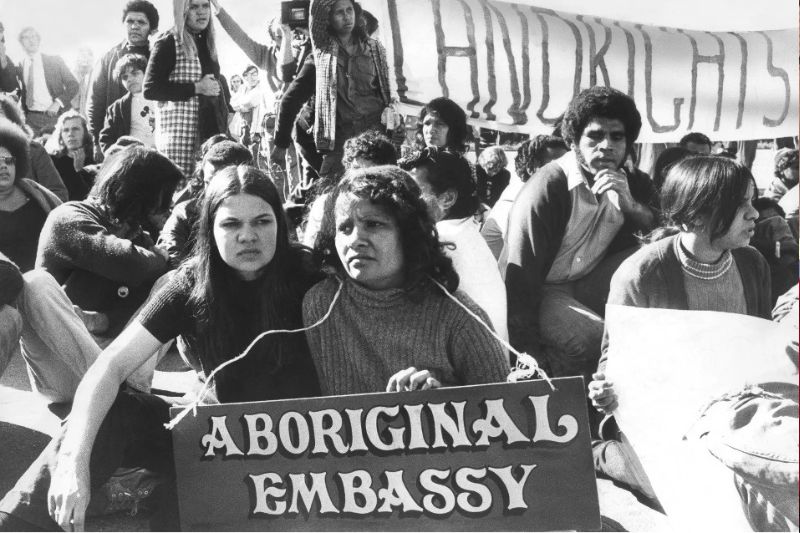
AUSTRALIA
The ‘Land Rights Now’ banner is hoisted against the wind, and the marchers set off for the Embassy. A young Aboriginal woman walks ahead of the banner. She has dyed her hair red. She turns and leans into the wind to face the marchers, holding a megaphone to her mouth. ‘What do we want?’ she shouts, ‘When do we want it?’ And she keeps going, exhorting the marchers. We reply ‘Land Rights … Now!’ The crowd tires before she does.
READ MORE 
-
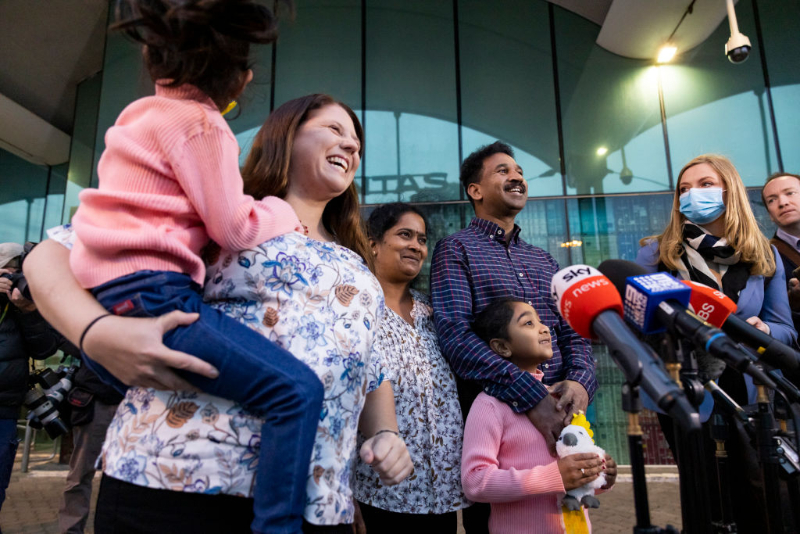
AUSTRALIA
- Binoy Kampmark
- 09 June 2022
9 Comments
In Australia’s treatment of refugees and asylum seekers, notably those arriving by boat, compassion and fairness have rarely threatened a policy deemed cruel, costly and ineffective. The fate of the Muragappan family has been a continuous, scandalising flashpoint about the nature of Australia’s border protection policies.
READ MORE 
-

AUSTRALIA
- Anthony N Castle
- 18 May 2022
8 Comments
I was invited to a party the night of the 2019 election. The night’s entertainment was invite-only, with long tables of bread and wine, and I stepped back from the sounds of celebration to hear the political coverage on my phone. Standing at the far window, I looked up to see people in the night below, out in the dark, silent. Behind me a party guest shouted over the noise ‘what happened?’ I looked away from those outside and answered: a loss.
READ MORE 
-

ARTS AND CULTURE
- Barry Gittins
- 14 January 2022
4 Comments
We’ve been in a pressure cooker, these past two years. More than a score of historians had memorably described 2020 as the sixth-most ‘stressful year ever’. Predictions and speculations look ahead; I looked at the past trends of the past two years and make these humble observations. With the stage set for dire times, here are six trends to look for in 2022. Here’s hoping.
READ MORE 